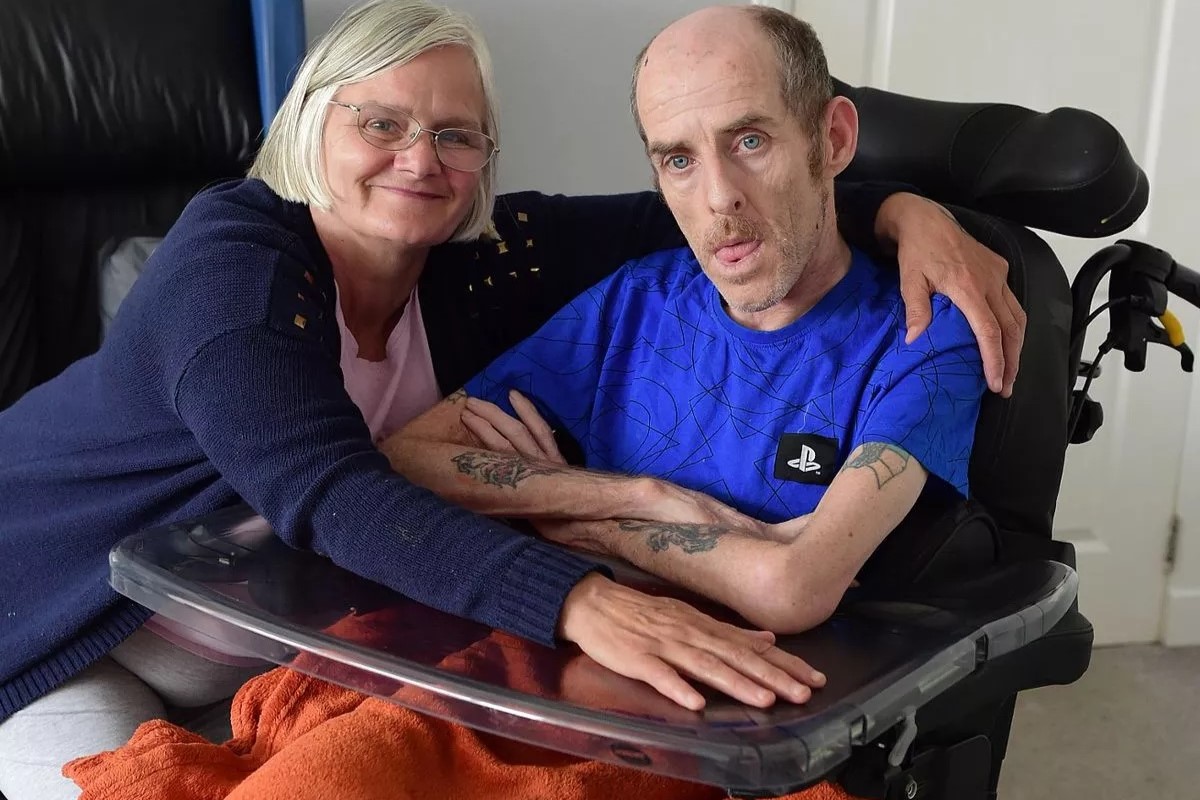Huntington's disease, a hereditary condition that affects the brain, brings about a multitude of symptoms that worsen progressively over time. Typically manifesting around the age of 40, these symptoms encompass movement difficulties, cognitive impairments, and behavioural changes, all of which significantly impact an individual's quality of life.
At the crux of this disease lies a genetic mutation, specifically within a gene called huntingtin. Individuals with Huntington's disease carry two types of huntingtin proteins – one normal and the other mutated. This mutation prompts the production of faulty proteins that clump together, forming a harmful residue. This residue triggers inflammation in the brain and hinders the expression of genes crucial for nerve cell survival.
Despite decades of research, there is currently no cure for Huntington's disease. Treatment options primarily focus on managing symptoms through medication, therapy, and supportive devices. However, recent breakthroughs offer hope for individuals affected by this debilitating condition.
Israeli scientists from the Weizmann Institute in Rehovot, led by Prof. Rivka Dikstein, have uncovered promising research indicating the potential of two small molecules to alleviate the effects of Huntington's disease significantly. Their study dived into the intricate mechanisms underlying the disorder, aiming to identify novel therapeutic strategies.
The research stems from a discovery made in 2019 by Dr. Anat Bahat and her colleagues at the Weizmann Institute. They identified certain small molecules capable of inhibiting the expression of mutant huntingtin proteins without affecting the production of normal proteins or exacerbating inflammation. Building upon this discovery, Prof. Dikstein's team embarked on a quest to identify the most potent inhibitors among a pool of structurally similar molecules.
Through meticulous screening processes involving cell cultures from both mouse models and human patients, the researchers identified two standout molecules. These molecules demonstrated significant efficacy in reducing the amount of mutant protein without affecting the expression of the non mutant protein. This precise targeting ability is crucial in addressing the root cause of Huntington's disease while minimizing adverse effects.
Furthermore, these molecules proved effective in crossing the blood-brain barrier, a protective barrier surrounding the brain. Whether administered through injection or orally, they retained their efficacy, offering hope for potential therapeutic interventions.
In animal studies, mice subjected to treatment with these molecules exhibited mitigated symptoms, including reduced anxiety levels and preserved motor function. These promising results provide a glimmer of hope for individuals grappling with Huntington's disease and their families.
The findings of the Weizmann team were recently published in the peer-reviewed journal EMBO Molecular Medicine, garnering attention from the scientific community and offering new avenues for research and development in the field of neurodegenerative diseases.
In addition to their potential in treating Huntington's disease, these small molecules hold promise for addressing other immune-related conditions, such as multiple sclerosis and asthma. By targeting specific mechanisms underlying these diseases, researchers aim to develop more effective and targeted treatments, offering hope for millions of individuals worldwide.
As research in this field continues to advance, the prospects for individuals affected by Huntington's disease and other neurodegenerative disorders are looking increasingly promising. With further investigation and clinical trials, these small molecules may pave the way for transformative therapies, bringing us one step closer to a future free from the burden of Huntington's disease.

 By targeting specific mechanisms underlying these diseases, researchers aim to develop more effective and targeted treatments, offering hope for millions of individuals worldwide.
By targeting specific mechanisms underlying these diseases, researchers aim to develop more effective and targeted treatments, offering hope for millions of individuals worldwide. 










.jpeg)




.jpeg)

.jpg)













